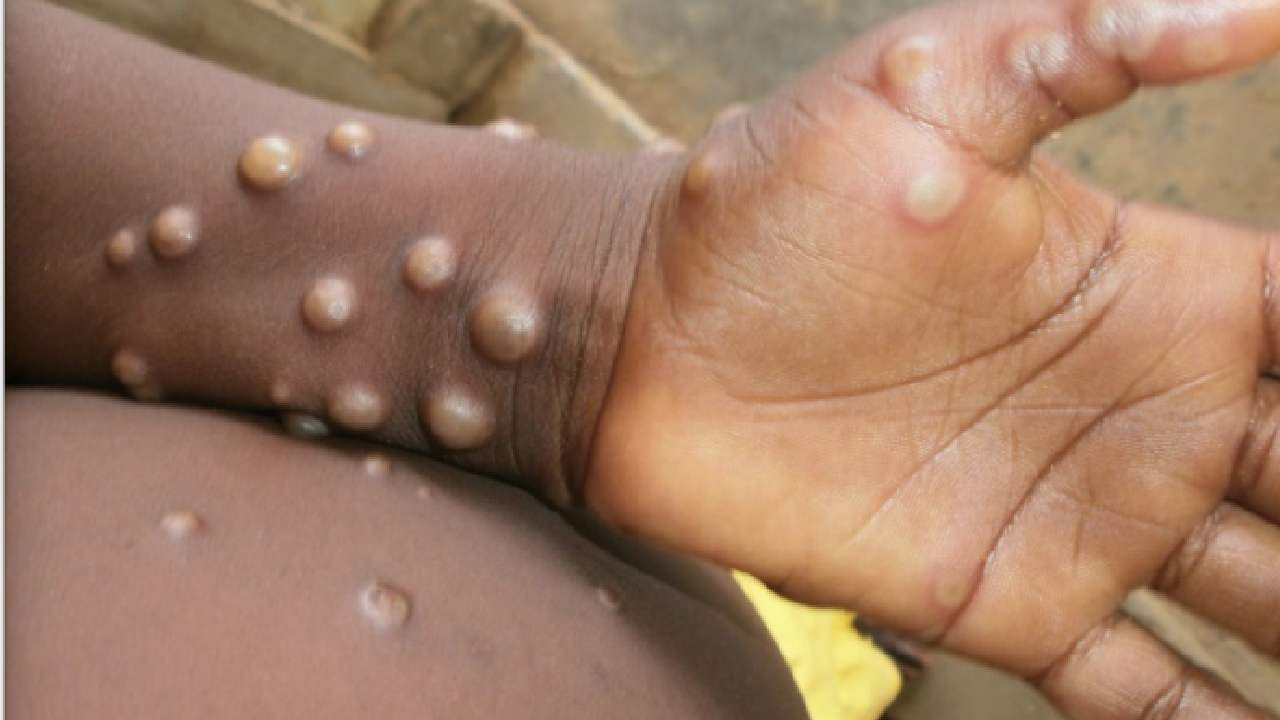The World Health Organization confirmed on Wednesday that more than 35,000 cases of monkeypox have already been reported in 92 countries and territories and that the disease has claimed 12 deaths.
At a press conference in Geneva, the director general of the UN agency, Dr. Tedros Adhanom Ghebreyesu, highlighted that nearly 7,500 cases of the disease were reported last week alone, a figure that represents an increase of 20% compared to the previous week, and an identical growth to that registered two weeks ago.
“Nearly all cases are being reported in Europe and the Americas, and almost all cases continue to be reported among men who have sex with men, underscoring the importance for all countries to design and deliver services and information tailored to these communities that protect the health, human rights and dignity”, he warned.
The head of the Organization stressed that the main objective of all countries is focused on guaranteeing their preparation for the disease and curbing transmission using public health tools, such as improving surveillance of the disease, careful tracking of contacts, appropriate risk communication and community involvement, as well as measures to reduce risks.
Tedros stressed that in many countries vaccines “can play an important role in controlling the outbreak”, and that high demand for immunizations has been detected by the affected communities.
“However, at the moment, vaccine supplies and data on their efficacy are limited, although we are starting to receive data from some countries,” he declared, explaining that the agency is “in close contact” with manufacturers and organizations. who are willing to share their doses.
At the same time, Tedros highlighted his concern that the same situation of unequal access to vaccines that occurred during the COVID-19 pandemic will repeat itself, “and that the poorest will continue to be left behind.”
On the appearance of the first possible case of contagion of monkeypox from a human to a dog in France, the director of Emergencies of the Organization explained that the transmission of the virus to the animal in a closed domestic environment is not unusual.
“What we do not want to happen is that the disease moves from one species to another,” Michael Ryan specified.
Ryan added that “it is important and we must be grateful that people who have animals try to protect them, or that if those animals get sick or infected themselves, they seek to care for those animals, as has happened in this case, for which we should congratulate those people for the measures they have taken.”

























